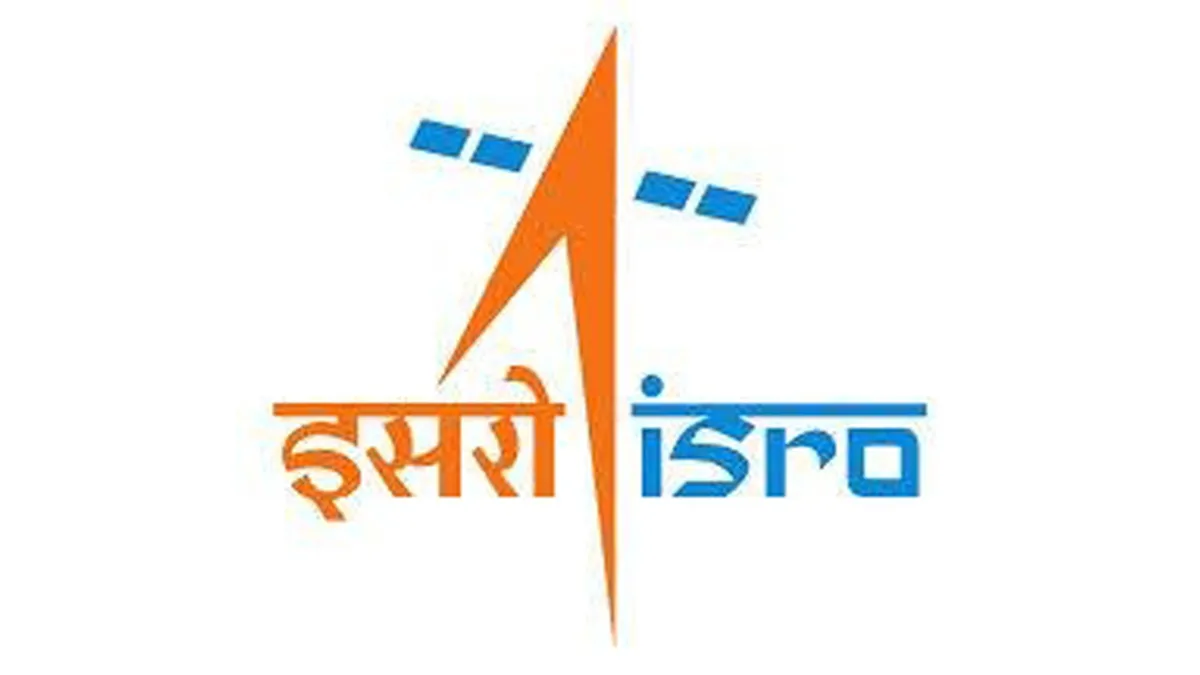India set to launch its first X-Ray Polarimeter Satellite - XPoSat, aiming to investigate the polarisation of intense X-Ray sources
30 Nov 2023
News
With the goal of examining the polarisation of powerful X-ray sources, India is scheduled to launch its first X-Ray Polarimeter Satellite (XPoSat), according to the Indian Space Research Organisation (ISRO).
While space-based X-Ray astronomy has been established in India, mostly concentrating on imaging, time-domain investigations, and spectroscopy, ISRO claims that the impending XPoSat mission represents a significant value increase. The scientific community is excited and anticipating this discovery since it adds a new dimension to X-Ray astronomy, complementing existing temporal and frequency domain investigations.
With two scientific payloads, the XPoSat spacecraft is intended for observation from Low Earth Orbit, a non-sun synchronous orbit at an altitude of around 650 km and a low inclination of roughly six degrees. The XPoSat mission may study the temporal, spectral, and polarisation aspects of the bright X-Ray sources simultaneously using these two payloads.
Measurement of X-ray polarisation in the 8-30 keV energy range emitted by X-ray sources and long-term spectral and temporal investigations of cosmic X-ray sources in the 0.8-15 keV energy range are among the mission's goals.
It is anticipated that the mission would last for around five years. When the spacecraft passes through Earth's shadow, or during an eclipse, the payloads on board XPoSat will observe the X-Ray sources.
POLIX (Polarimeter Instrument in X-rays), the main payload of XPoSat, is intended to detect polarimetry parameters, namely the degree and angle of polarisation, in the medium X-ray energy range of 8-30 keV photons emanating from astronomical sources. With assistance from many ISRO facilities, the Raman Research Institute (RRI), Bengaluru, produced the POLIX payload.
The XSPECT (X-ray Spectroscopy and Timing) payload is the secondary payload that will deliver spectroscopic data in the energy range of 0.8–15 keV. ISRO's U.R. Rao Satellite Centre (URSC) produced the XSPECT payload.
The Polar Satellite Launch Vehicle (PSLV) will launch the XPoSat from Sriharikota's Satish Dhawan Space Centre.
